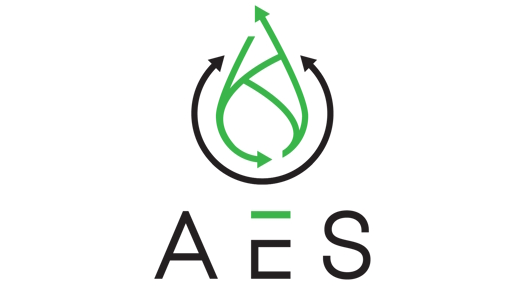
AES Autonome Energiesysteme GmbH
From waste to oil! The AES FLUKS plant generation turns mixed plastic waste into high-quality recycling oil. Thus, 1 ton of waste per module can be recycled per day. The plants are located directly at the point of origin, i.e. at the producer's site, therefore reducing waste logistics. Customers save handling costs, earn on the oil and save CO2 at the same time. Would you like to learn more about the AES FLUKS plant? Take a look here.
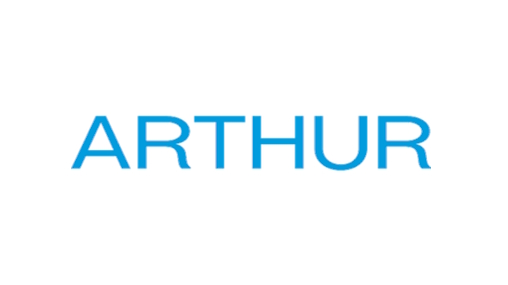
ARTHUR BUS GmbH
ARTHUR is an OEM and system manufacturer from Munich. ARTHUR enables emissionfree infrastructure from production to supply of hydrogen and introduces it with their first mobility solution the ARTHUR BUS, the world's most advanced hydrogen bus. The ARTHUR BUS is characterized by its low hydrogen consumption and high energy efficiency. It is the first element of ARTHUR's zero-emission ecosystem.
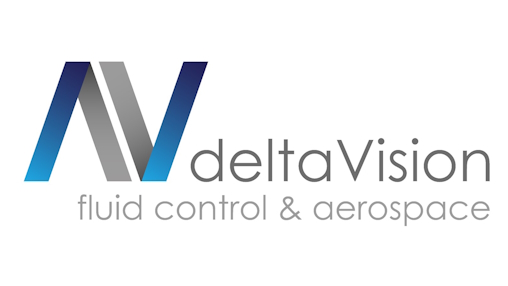
deltaVision GmbH
The demand for cryogenic (below -100C°) & advanced fluid control products in space and mobility has increased enormously, also due to the commercialization of space and the trend towards H2-based flying. deltaVision GmbH satisfies this demand with an innovative, standardized product portfolio of valves, pressure regulators, pumps, electric motors and associated electronics and software. Thus, deltaVision positions itself as a provider of key technology for future propulsion systems and further fluidic systems achieving technology leadership in this domain.
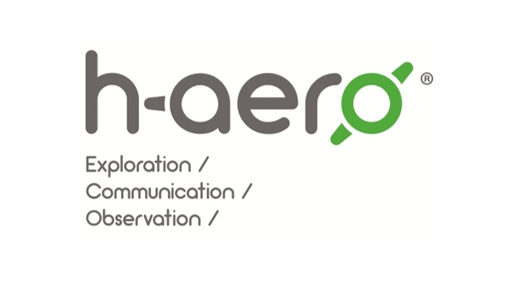
Hybrid-Airplane Technologies GmbH
Hybrid-Airplane Technologies GmbH (HAT) is a spin-off by the University of Stuttgart and was established in Baden-Baden in 2016 with the aim of sustainably commercializing lighter-than-air technology. So far, no other company has succeeded in doing so. Due to the early start, our know-how and the target-oriented strategic focus on visibility, we have been dominating the emerging market and technology around helium drones (LTA-UAV, lighter than air unmanned aerial vehicle) for years.
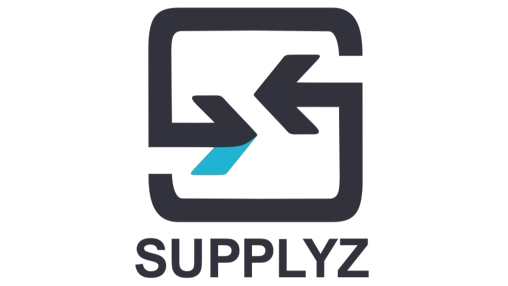
SUPPLYZ
SUPPLYZ finds defects in manufactured metal parts using an AI-powered acoustic analysis. This acoustic quality control detects anomalies such as internal cracks, pores, or flawed welds by resonating objects and subsequently evaluating their acoustic response. Metal manufacturers benefit from real-time and in-line quality control to improve their operational performance, product reliability and safety.